Messy Realities


A look beyond smart city visions to explore the on-the-ground realities that help to cope with digital everyday life in the 21st century connected city.
Current technologies that digitize our cities – like the omnipresence of mobile phones, the internet of things, or advances in connecting infrastructure technologies – will influence our urban environment in ways that are both unprecedented and unforeseen.
The promise of the 'smart city' has yet to materialize though – instead, we are left with technology that tends to be driven by a universal top-down approach that favours efficiency over everything. More often than not, this technology lacks a sensitive and human-centered perspective; one that would highlight the impact of such a digitization of public space on our everyday personal routines and interactions with the city.
With this in mind, Messy Realities investigates the nooks and crannies of our daily connected routines and explores some of the temporary, make-shift solutions we currently use to cope with these daily urban interactions.
By showcasing these grassroots solutions, Messy Realities aims to generate awareness of some of the human realities in public space and spark discussions on factors we should keep in mind when designing for the future smart city.
According to experts and planners, smart cities seem to be in our future. Their representations, however, tend to display a highly abstracted version of city living that ignores the fuzzy nuances and subtleties of our everyday interactions.
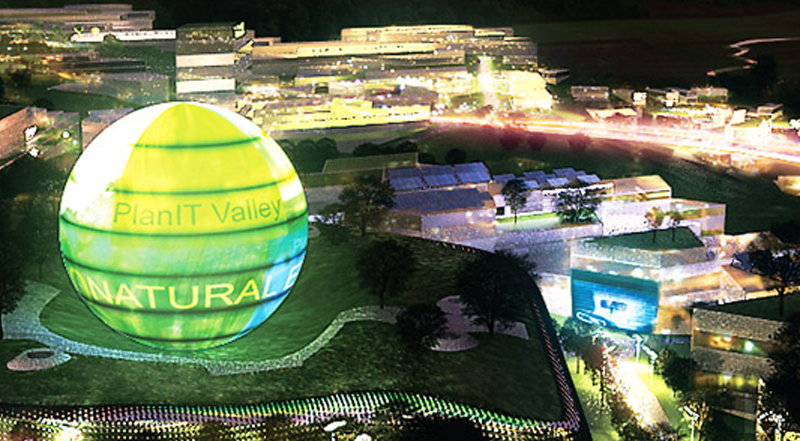
Plan IT - Portugal
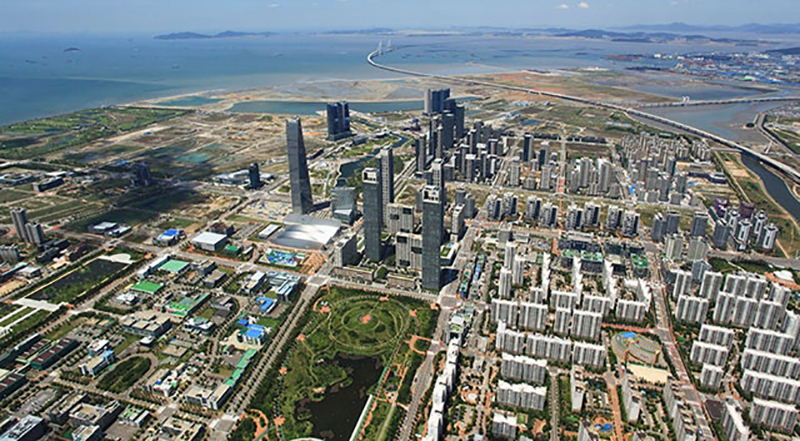
Songdo - Korea
Visionary by nature, these representations invariably assume best case technology scenarios scrubbed of the mundane, messy realities we face every day.
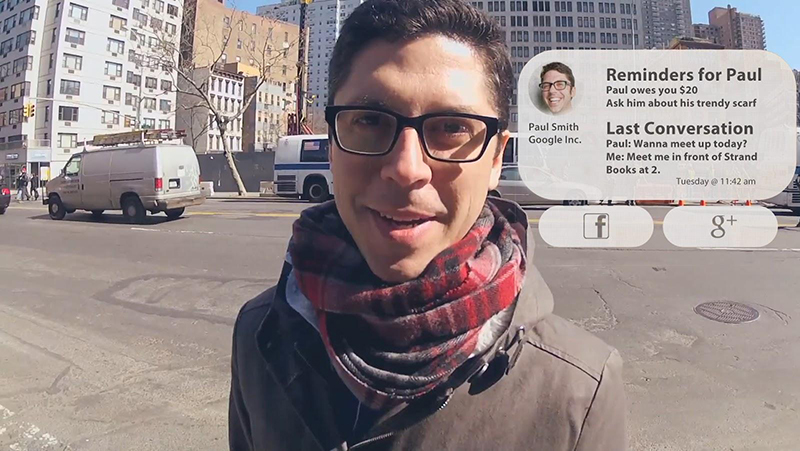
Google Glass Vision Video
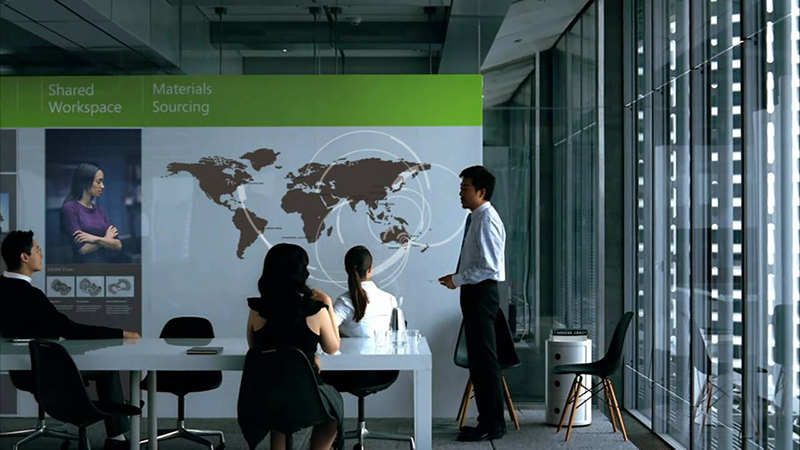
Microsoft Vision Video
Such future scenarios offer a tempting glimpse of possible future cities – and interactions – yet tend to focus on one hand-picked person’s point of view. Here, we frequently see the protagonist interacting with an environment that has yet to catch up with his technological capabilities.
This set-up, focusing on a single pioneering person, skirts the question of mass usage. If this novel technology was ubiquitous – how would it affect life in the city? And what about the social side effects and unintended consequences of those interactions? Such representations – abstract, top-down views of urban public life or the sole view of e.g. a Google Glass wearer – soon start to crumble when we extrapolate their scenario to the realities of many.

On the ground realities - Atlas Cafe, Williamsburg

On the ground realities - Atlas Cafe, Williamsburg
Due to the proliferation of digital technology, everyday public space has been taken over by our personal devices, their always-on connectivity and rapid advances, and the complex relationships that arise around information accessibility.
Against this background – and the all-too-clean, singular visions of smart cities mentioned above – Messy Realities investigates what happens when technology becomes commonplace in public space and exposes some of the unintended side-effects. The project aims to raise questions around a digitized world where digital exposure and always-on connectivity are the norm.
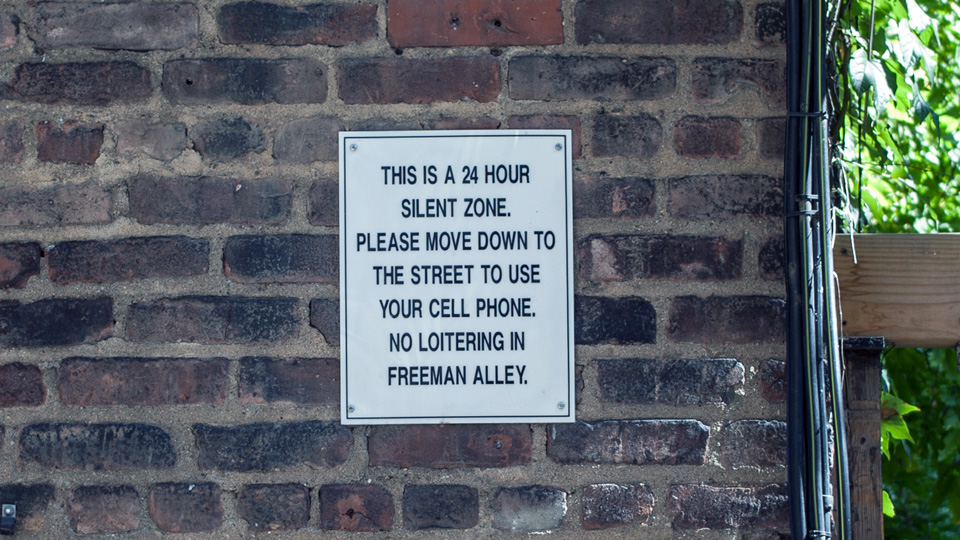
Freemans Alley - Lower East Side

Private Home - Park Slope
How will public space adapt, change and potentially resist to it’s digitization?
The project takes a look at the on-the-ground digital realities of everyday life, the resulting bottom-up make-shift solutions, and their hands-on application to establish disconnected analogue retreats from the all-encompassing digital public space. At the same time, it also exposes where today’s cities lack such initiatives: How do we come up with temporary solutions – and how will public space adapt, transform, change, or react to its digitization?
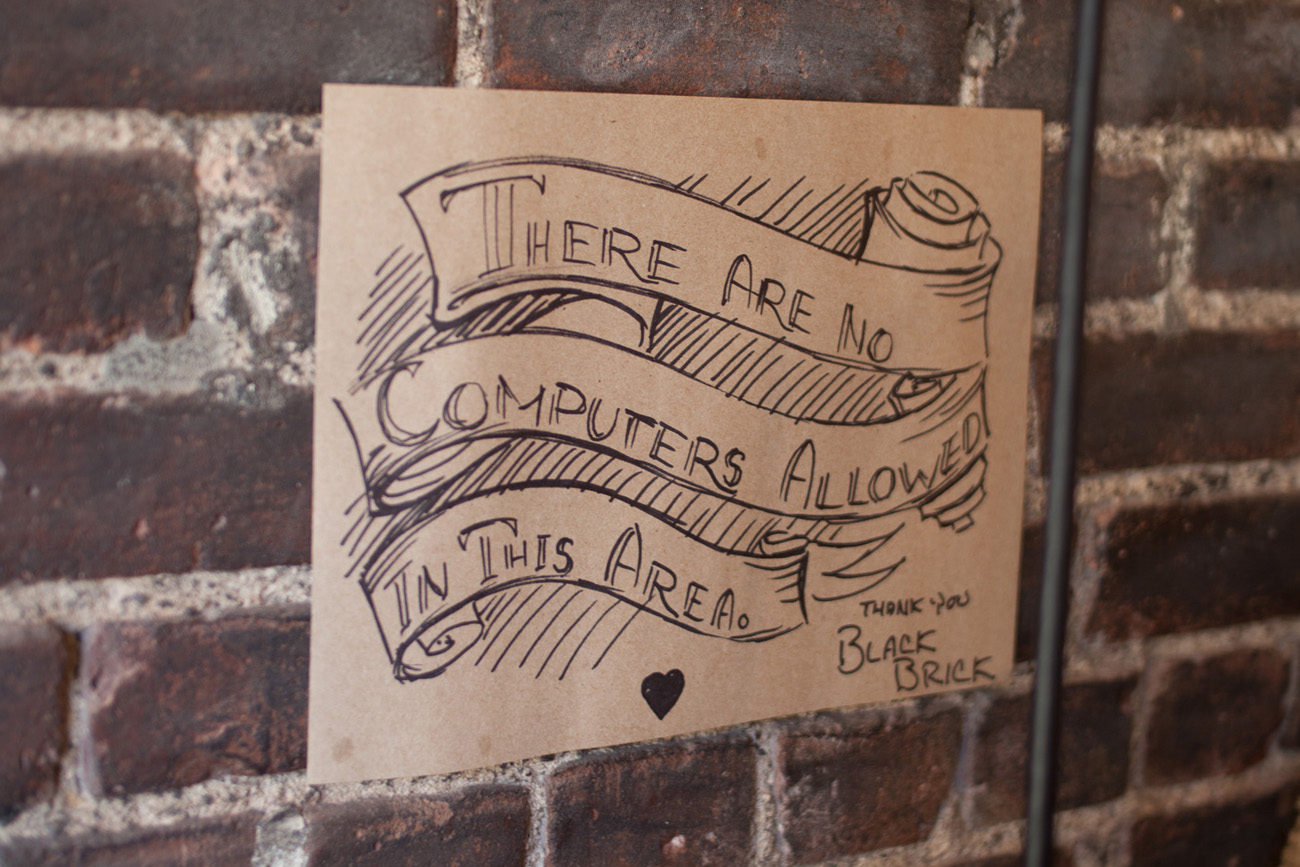
Black Brick Cafe, Williamsburg
Most of all, though, the project asks the question what kind of role of the city itself will play as the body that governs public space. How will it deal with the impending messy realities of our everyday interactions with and in public space? Will cities cater to spaces of ‘digital retreats’ and reflection? What kind of future public policies will be established to deal with the digitization of public space and it’s potential unintended side effects?
Messy Realities uncovers and shows a side of the smart city that is rarely addressed.
As a research project, it aims to increase the awareness of human imperfections and realities in public space by highlighting existing on-the-ground solutions and sparking discussions on the everyday needs that should be considered when designing for the smart city.